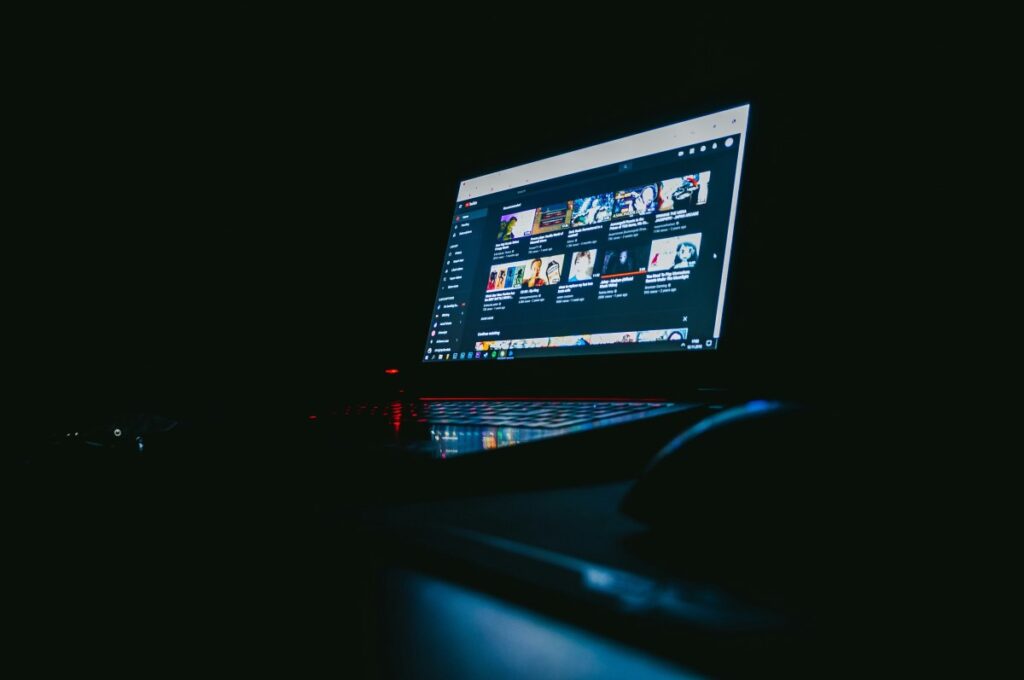YouTube is in the midst of a new round of high-stakes negotiations with the three major labels to secure licensing agreements for its AI-generated music initiatives.
The conversations with Sony Music Entertainment, Warner Records and Universal Music Group are taking place in the wake of their lawsuits targeting generative AI startups Suno and Udio, both of whom stand accused of using copyrighted music without permission to train their text-to-audio models.
The lawsuits, spearheaded by the Recording Industry Association of America (RIAA), underscore the music industry’s fierce defense of intellectual property rights. Suno and Udio are alleged to have copied vast amounts of sound recordings, violating copyright laws and sparking significant industry backlash. As a result, YouTube aims to preempt similar issues by obtaining proper licenses.
That’s according to a report by the Financial Times, who claimed that YouTube is offering substantial lump-sum payments to the major labels to license their music, thereby ensuring that its AI tools, which can clone the styles of popular artists, are developed ethically and legally. The approach mirrors previous agreements between record labels and social media platforms like Meta and TikTok, focusing on one-time payments rather than ongoing royalties.
YouTube in November launched Dream Track, a project that allowed a select group of creators to generate 30-second audio clips mimicking contemporary superstars like Charli XCX and John Legend. While YouTube does not plan to expand Dream Track, the company seems keen to explore new AI-driven music projects, provided it can secure the necessary permissions from artists and labels.
A key aspect of YouTube’s negotiations, per FT, involves obtaining artist-by-artist licensing, which may prove challenging given the ethical concerns surrounding AI-generated music. Earlier this year over 200 artists, including Billie Eilish, FINNEAS and Chase & Status, signed an open letter calling for stricter regulations to protect human creativity.
Despite such challenges, YouTube’s initiative could set a precedent for how the music industry adapts to AI. By offering lump-sum payments and potentially implementing an opt-in model, whereby individual artists can choose to have their music used in AI projects, YouTube is thinking outside the box to address many of the sensitivities related to AI-generated content.

